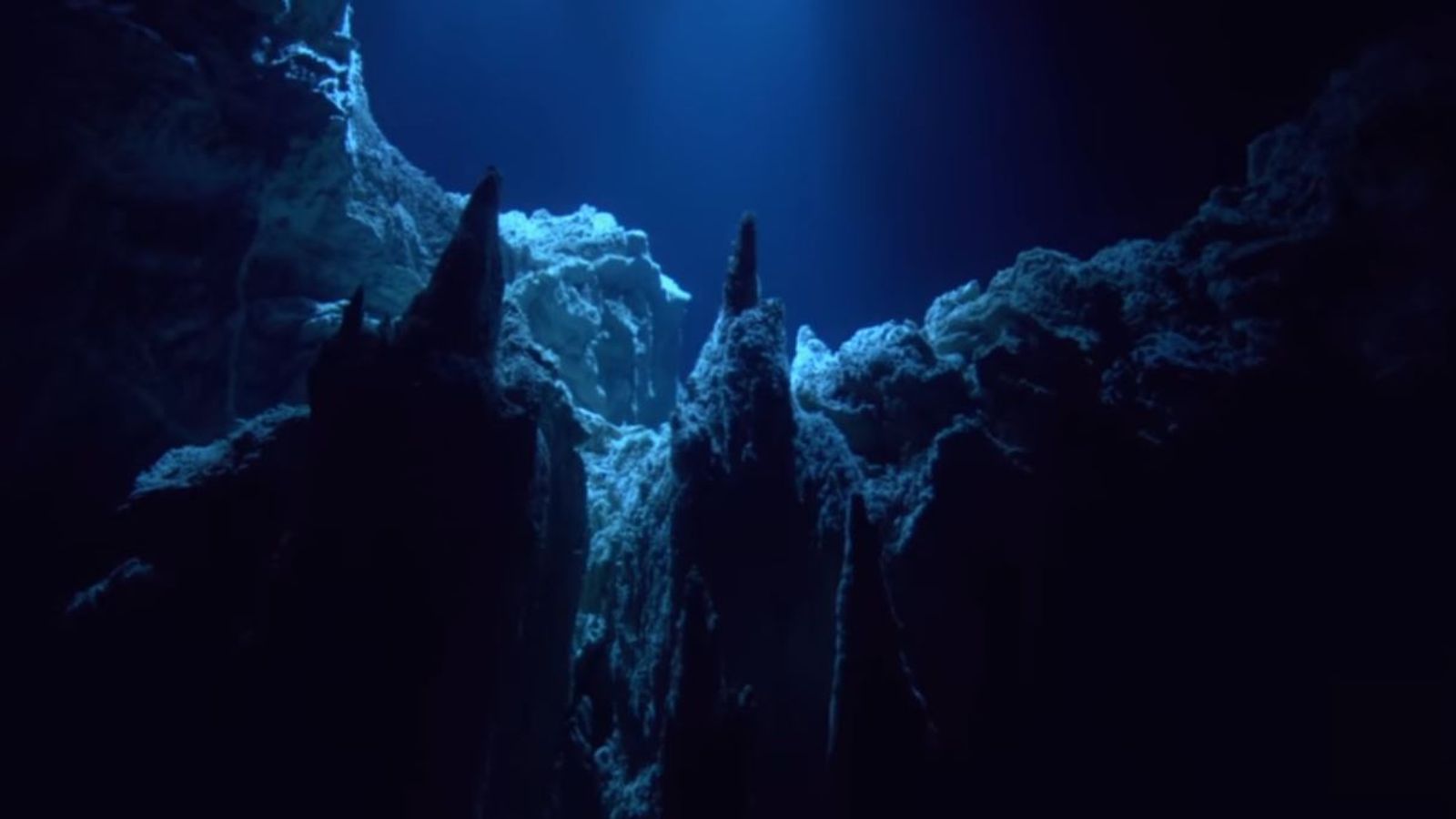A new virus discovered in the Pacific is thought to be the deepest ever found in Earth’s oceans.
It falls into the category of what are known as bacteriophages, which infect and replicate inside bacteria.
They are believed to be the most abundant life forms on the planet and play a key role in ocean ecology, helping regulate population sizes and releasing nutrients.
This one was found at a depth of 8,900m in the Mariana Trench, which at nearly 11,000m is the Pacific’s lowest point.
Min Wang, a marine virologist from the Ocean University of China, said: “To our best knowledge, this is the deepest known isolated phage in the global ocean.”
Following genomic analysis of the new virus, which can’t infect humans, it was named vB_HmeY_H4907.
While only just found, researchers believe it’s likely to be distributed widely in the ocean.
It has a similar structure to host bacteria group halomonas, which are often found in sediments and geyser-like openings on the seafloor.
Read more science and tech news:
Next Xbox revealed in leaked documents
Elon Musk’s brain chip firm to invite trialists
How YouTube’s top stars make millions from videos
Be the first to get Breaking News
Install the Sky News app for free
Dr Wang said its prominence could inform further research about the survival strategies of viruses in some of the harshest and most secluded environments on Earth.
“Extreme environments offer optimal prospects for unearthing novel viruses,” he added.
The findings have been detailed in the journal Microbiology Spectrum.







